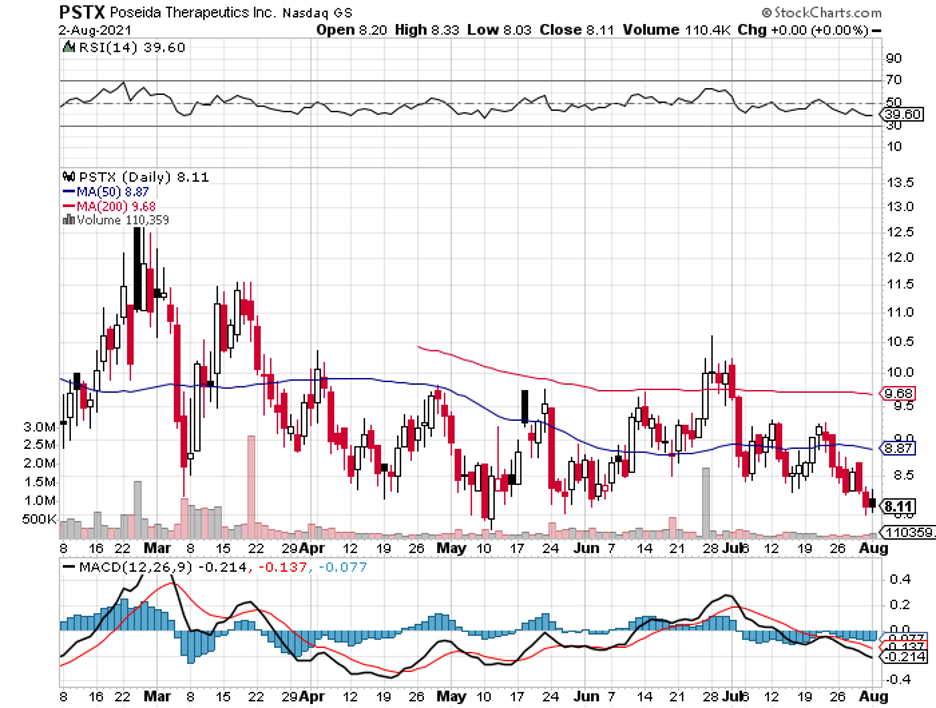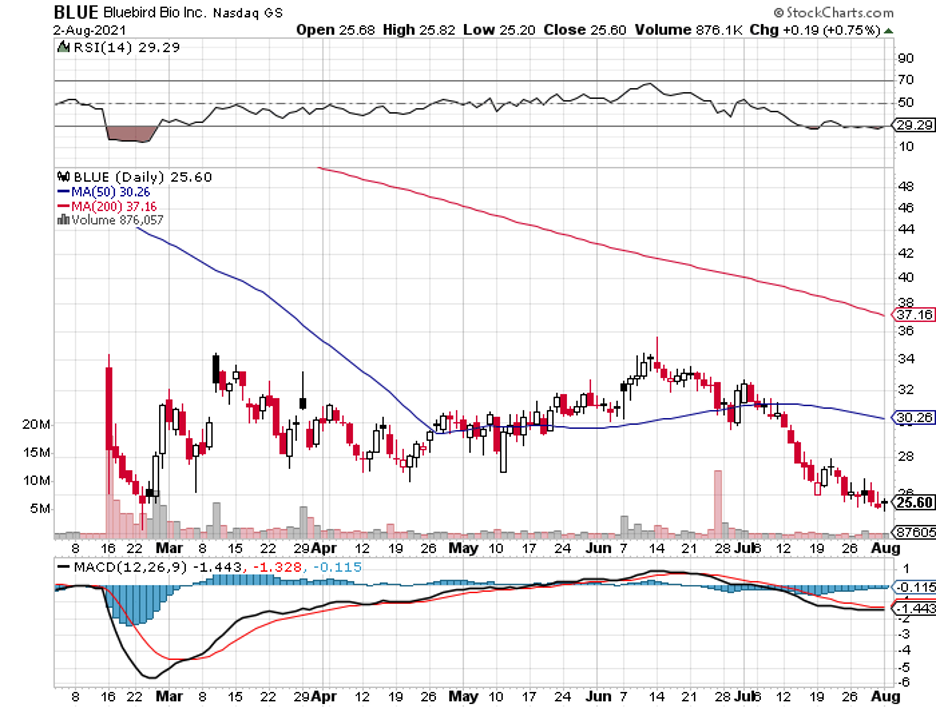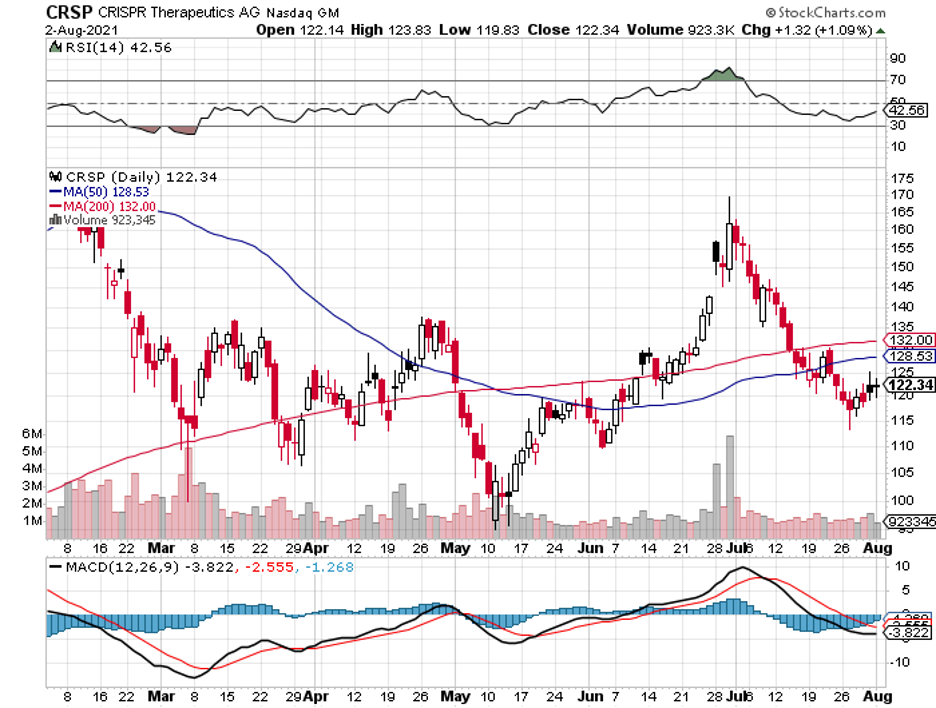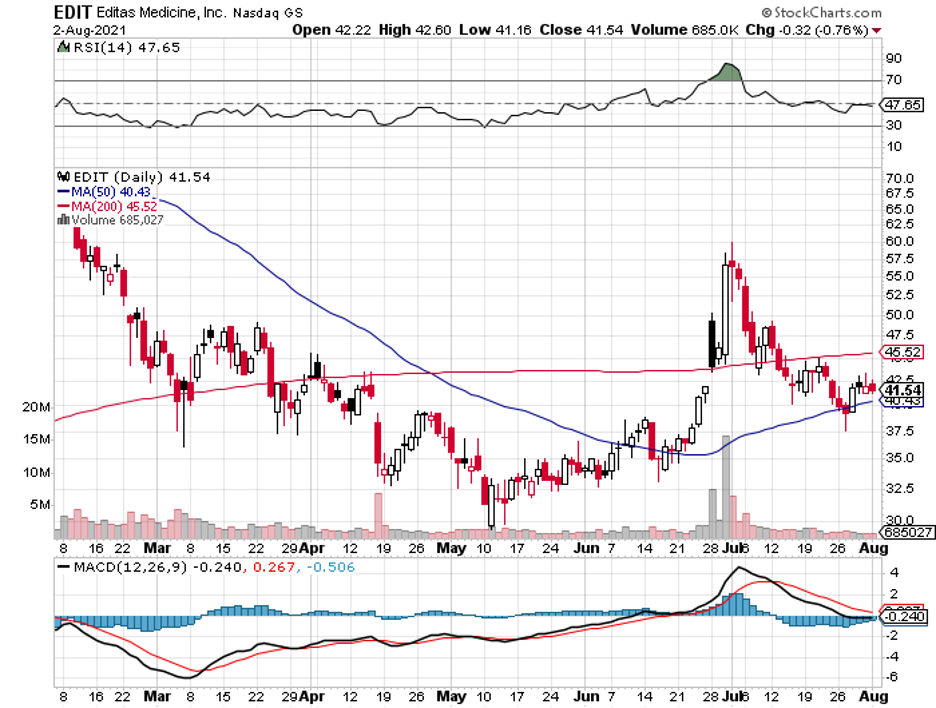Shaking Up the Biotechnology and Healthcare Industry
With the advancement of biotechnology and healthcare, it’s not hard to imagine a future where drugs and therapies will be tailored to every person’s unique genetic profile.
Thanks to the continuous work on mass customization in the world of pharmaceuticals and even in whole genome sequencing, it’s only a matter of time before we can come up with a personalized pill for each popper.
Nowadays, robotics and automation have started to become tightly integrated with the medical arena. In fact, robotics in the field of pharmaceuticals is no longer anything novel.
The majority of drug manufacturers across the globe are already utilizing robots to address their needs, such as packaging and warehouse storage.
What interests me most, though, is how automation plays an active role in developing actual therapies. After all, doing this entails so much more than simply feeding codes to robots to teach them how to move test tubes around a lab.
One company that has been gaining traction in this space is Multiply Labs. Established in 2016 with roughly $22 million in funding thus far, this San Francisco company aims to be a force multiplier not only in creating personalized pills but also cell therapies.
Run by mostly MIT graduates, Multiply Labs started out by letting their robots take 24-hour shifts to quickly deliver biologic drugs needed for clinical trials.
That offers tremendously faster turnaround times and shorter waiting periods for researchers and pharmaceutical companies.
Since virtually perfecting that process, the company has decided to expand its focus to handle more challenging and complex work.
Now, it has set its sights on using its robotics platform to ease bottlenecks in the development of cell therapies.
As we know, cell therapies are regarded as powerful tools in the battle against cancer. However, the production process is extremely labor-intensive. This makes their development incredibly expensive.
Let’s take CAR-T cell therapy, which boosts the body’s immune system to help it fight off cancer, as an example.
In CAR-T cell therapy, scientists need to extract blood from the patient. Then they’d have to isolate the immune cells, which they would need to genetically engineer.
After that, they have to carefully grow the new cells. Finally, they’d inject these genetically engineered new cells back into the patient.
In most cases, every step needs to be repeated for individual patients.
What Multiply Labs is trying to do is automate several stages, such as genetically altering the harvested cells, which can only be performed by highly trained professionals.
Not only will they be able to cut down on the time needed to complete the procedures, they would also be able to reduce—if not completely eliminate—human error.
Aside from working with the University of California San Francisco, Multiply Labs has been collaborating with Cytiva, a subsidiary of Dannaher (DHR), to move their services closer to commercialization.
Apart from Multiply Labs, another San Francisco company has been working on improving the expensive, logistically complicated, and oftentimes error-filled cell therapy space: Cellares.
Unlike Multiply Labs, which aims to ease the bottleneck in the cell therapy creation process, Cellares’ goal is to handle the entire procedure on its own.
Dubbing its work as the “Cell Shuttle,” what Cellares offers is basically a “factory in a box” solution to the creators of cell therapies.
Basically, the “Cell Shuttle” is an end-to-end solution that comes in the form of a box designed to deliver an automated cell therapy platform. Cellares’ product handles everything from beginning to end, starting from taking in the cells of the patient to injecting the genetically engineered versions back into the individual.
Raking in roughly $100 million in funding so far, Cellares’ plan is to allow the pharmaceutical companies to scale and deploy the “Cell Shuttle” based on their needs.
To date, Cellares’ latest collaborator in this venture is Poseida Therapeutics (PSTX).
However, there are thousands of cell-based and cell therapy clinical studies conducted across the globe. The cell and gene therapy (CGT) sector is projected to be one of the fastest-growing markets in the healthcare sector, with the segment estimated to reach $14 billion by 2025.
Moreover, CGT offers promising treatments for severe and chronic conditions like obesity, diabetes, and, of course, cancer. It can also be the answer to rare genetic conditions and their related complications.
That’s why it comes as no surprise that Big Pharma names like Pfizer (PFE), Novartis (NVS), Gilead Sciences (GILD), and GlaxoSmithKline (GSK) are taking interest in this niche.
However, the progress of smaller companies, such as bluebird Bio (BLUE), CRISPR Therapeutics (CRSP), and Editas Medicine (EDIT), also offers incredible potential in this space.
And while Poseida Therapeutics may be the first to collaborate with the likes of Cellares and Multiply Labs, the rest would undoubtedly follow suit in integrating robotics and healthcare in the near future.






